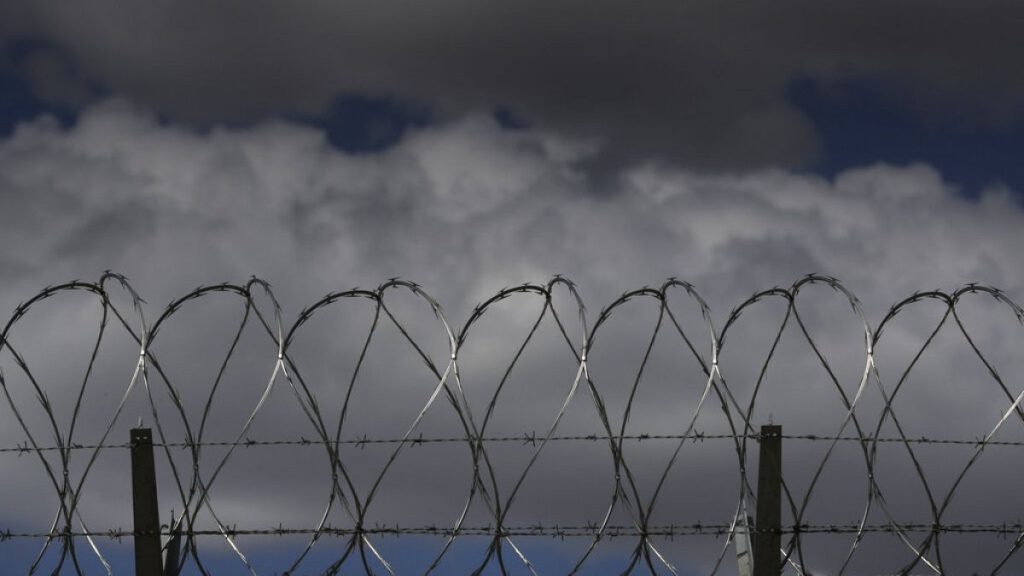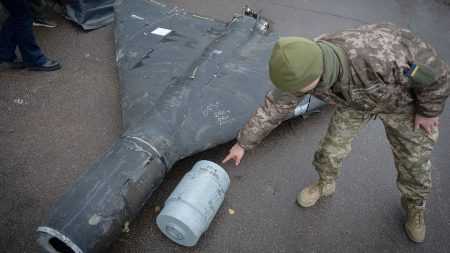On Friday morning, a tense and rapidly evolving hostage situation unfolded at the Arles prison in the Bouches-du-Rhône department of France. Initial reports indicated that a prisoner, wielding a makeshift bladed weapon, had taken four members of the prison’s medical team and a correctional officer hostage. The incident immediately triggered a swift and comprehensive response from law enforcement and government officials. A specialized police unit, equipped to handle high-risk situations involving hostages, was dispatched to the prison to secure the area and begin negotiations. French Minister of Justice Gérald Darmanin publicly addressed the crisis via social media, assuring the public that all available resources were being mobilized and that he was personally monitoring the unfolding events. The situation remained fluid throughout the morning, with authorities working to gather information, maintain communication channels, and prioritize the safety of the hostages.
The incident at Arles prison raises immediate concerns about security protocols within the facility and the circumstances that allowed a prisoner to acquire a weapon and take hostages. While the precise details of how the prisoner obtained the makeshift blade and subsequently overpowered the five staff members are yet to be fully revealed, the event will undoubtedly prompt a thorough investigation into security procedures, potential vulnerabilities, and the effectiveness of existing safeguards. This review will likely examine staff training, search protocols, inmate monitoring practices, and the overall security infrastructure of the prison. The objective will be to identify any systemic weaknesses or procedural lapses that contributed to the incident and to implement corrective measures to prevent similar occurrences in the future.
The taking of hostages within a prison environment presents a complex and delicate challenge for law enforcement and negotiators. The immediate priority is always the safety and well-being of the hostages, requiring a careful and measured approach to resolving the situation. Negotiators must establish communication with the hostage-taker, understand their motivations, and attempt to de-escalate the situation through dialogue and negotiation. Simultaneously, tactical teams must be prepared to intervene if negotiations fail or the safety of the hostages is imminently threatened. This requires a coordinated effort between negotiators, tactical units, and prison authorities, all working under immense pressure to achieve a peaceful resolution.
Beyond the immediate crisis, the hostage-taking at Arles prison highlights the broader challenges faced by correctional facilities across France and globally. Overcrowding, understaffing, and limited resources can strain prison systems, creating an environment where security breaches and violent incidents are more likely to occur. Addressing these systemic issues requires a multifaceted approach, including investing in infrastructure improvements, increasing staffing levels, implementing effective rehabilitation programs, and ensuring adequate mental health services for inmates. These investments not only enhance security but also contribute to creating a more humane and rehabilitative environment within correctional facilities.
The psychological impact of hostage situations on both the victims and their families is significant and long-lasting. Being held captive under threat of violence can cause profound trauma, leading to anxiety, depression, post-traumatic stress disorder, and other mental health challenges. Support services, including counseling and therapy, are crucial in helping hostages cope with the emotional aftermath of their ordeal. Families of hostages also experience immense stress and anxiety during the crisis, requiring access to support networks and resources to navigate the emotional turmoil. The long-term psychological effects of these traumatic events underscore the importance of providing comprehensive support services for both victims and their families.
The incident at Arles prison serves as a stark reminder of the inherent risks and challenges associated with managing incarcerated populations. As authorities work to determine the precise sequence of events and the motivations of the hostage-taker, the focus will remain on ensuring the safe release of the hostages and providing them with the necessary support. The subsequent investigation will undoubtedly lead to a comprehensive review of security protocols and procedures within the prison system, aiming to prevent such incidents from occurring in the future. Addressing the broader challenges faced by correctional facilities, including overcrowding, understaffing, and inadequate resources, is essential for creating a safer and more humane environment for both staff and inmates. The long-term psychological impact on the hostages and their families also emphasizes the critical need for ongoing support and mental health services.










